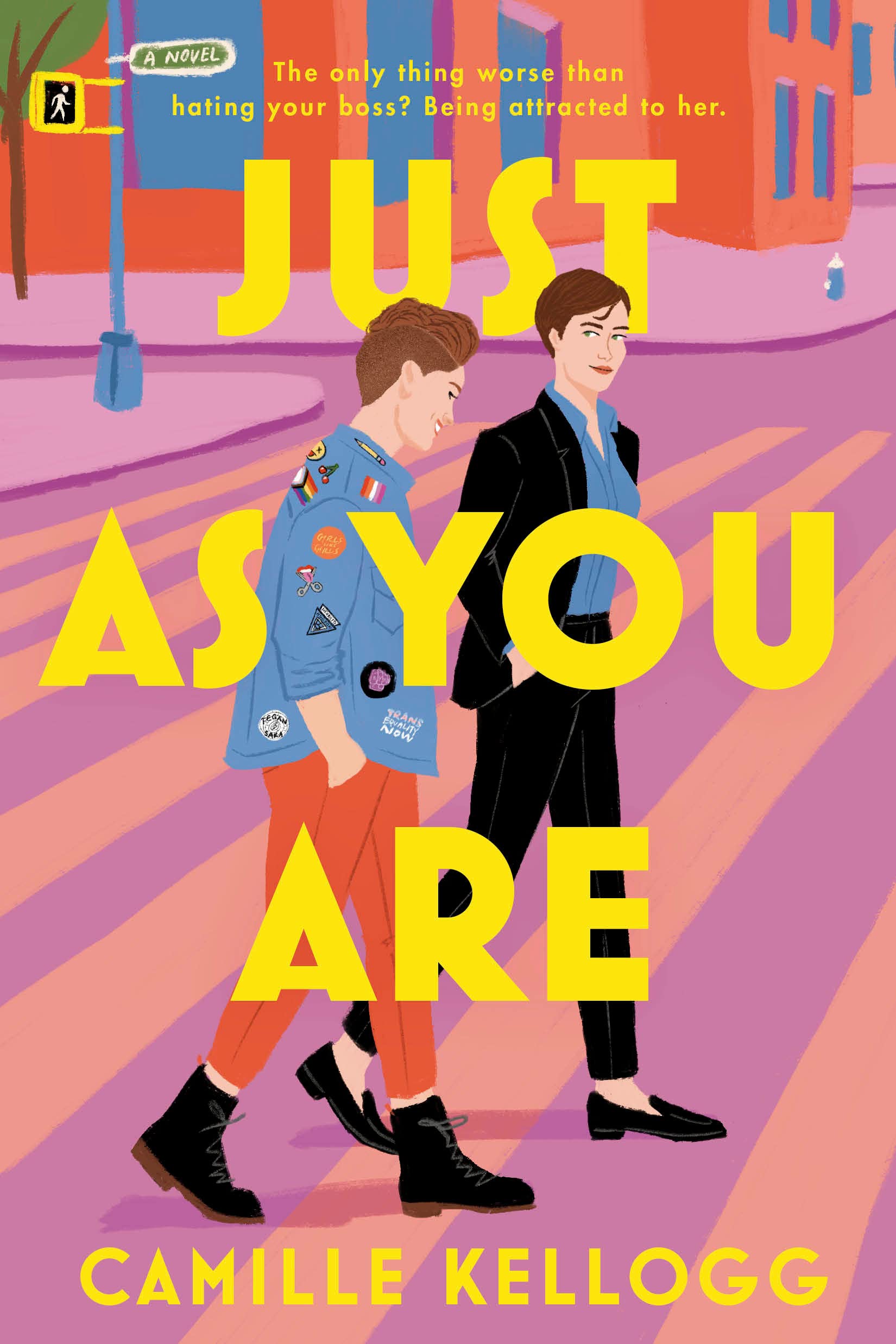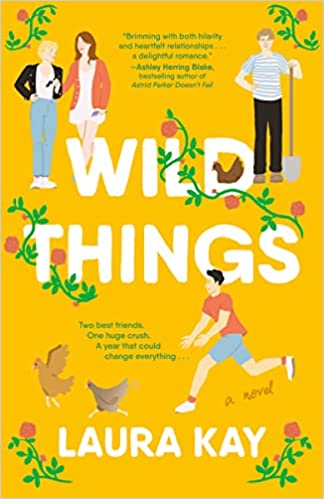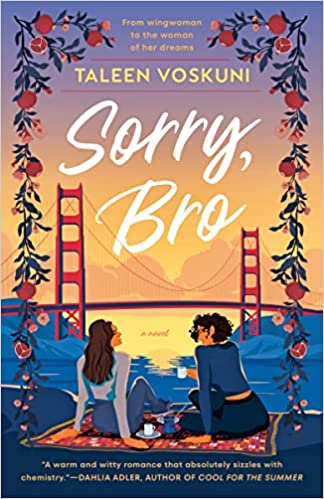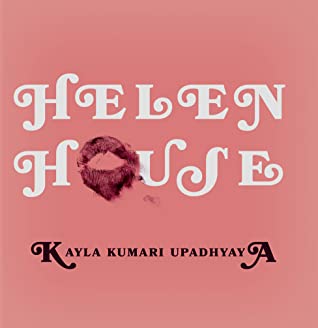Buy this through Bookshop.org to support local bookstores and the Lesbrary! Since reviewing Grand Slam Romance, a heartwarming, sexy, and inspiring graphic novel set in the world of a magical queer softball league, I’ve been searching for another graphic novel to scratch that very specific itch. To my delight, Melissa Capriglione’s Basil and Oregano did just that. ThoughRead More
Magical Girls and Sports Gays: Grand Slam Romance by Ollie Hicks and Emma Oosterhaus
Bookshop.org Affiliate Link For those of you mourning the cancellation of Amazon’s adaptation of A League of Their Own, I offer you an antidote. Grand Slam Romance, which follows the star players of a semi-professional women’s softball league, simultaneously serves romance, sports rivalry, horny locker room encounters, queer community, and a touch of magic. The debut graphicRead More
GBBO, but Sapphic and Bangladeshi: The Dos and Donuts of Love by Adiba Jaigirdar
Bookshop.org Affiliate Link Adiba Jaigirdar, author of The Henna Wars and Hani and Ishu’s Guide to Fake Dating, has become known for her compulsively readable teen romances centering queer Bangladeshi-Irish characters. Her newest novel, The Dos and Donuts of Love, tackles fatphobia, racism, and familial expectations, this time on the set of a nationally televised baking competition. Seventeen-year-old ShireenRead More
A Workplace Romance at a Lesbian Magazine: Just As You Are by Camille Kellogg
Bookshop.org Affiliate Link In Camille Kellogg’s debut romance, Just As You Are, a workplace clash turns into a workplace crush. Nether Fields, a long-running queer women’s online magazine, is on the verge of shutting down as Liz and her Nether Fields coworkers gather to mourn its passing. But when two wealthy lesbians swoop in to save the publication,Read More
A Wholesome and Messy Queer Romcom: Wild Things by Laura Kay
Amazon Affiliate Link | Bookshop.org Affiliate Link Laura Kay could teach a masterclass on the low-key, wholesome, slightly messy queer rom com, as exemplified in her third novel, Wild Things. El is stuck in a rut, both personally and professionally. Still in her dead-end job at a London newspaper, she spends most of the workdayRead More
Susannah reviews Sorry, Bro by Taleen Voskuni
Amazon Affiliate Link | Bookshop.org Affiliate Link Taleen Voskuni’s promising sapphic debut packs more than your average meet-cute romance. Sorry, Bro follows an Armenian American woman’s quest to balance familial duty, identity, career aspirations, and, of course, love. Nareh, a TV journalist in the San Francisco Bay Area, presents a polished persona on Instagram, butRead More
Susannah reviews Helen House by Kayla Kumari Upadhyaya
Amazon Affiliate Link | Bookshop.org Affiliate Link Kayla Kumari Upadhyaya came onto my radar via her essays and pop culture criticism on Autostraddle (where she is Managing Editor) and Catapult, among other outlets. Whether reviewing a Netflix mixology competition series or espousing a joint bookshelf system with her girlfriend, each of Kumari’s pieces reads likeRead More
Susannah reviews Mistakes Were Made by Meryl Wilsner
Amazon Affiliate Link | Bookshop.org Affiliate Link Mistakes Were Made, Meryl Wilsner’s second f/f romance following 2020’s acclaimed Something to Talk About, is billed as “a sexy rom-com about a college senior who accidentally hooks up with her best friend’s mom.” While I anxiously awaited this book as much as the next reader of queerRead More



